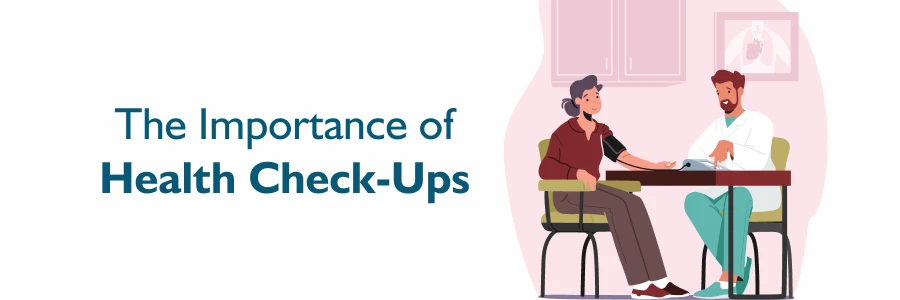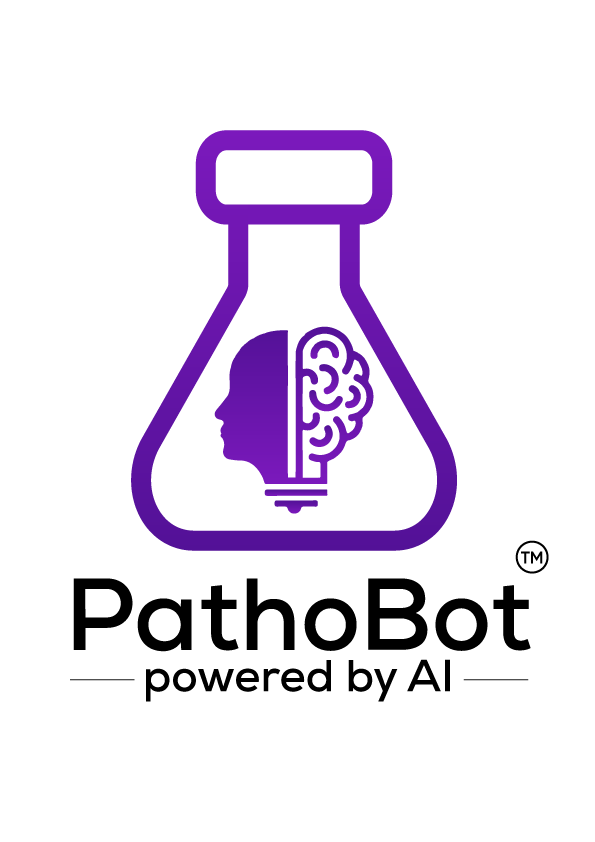Why pre-checkups are important lies in their role in early detection of potential health issues, enabling timely intervention and treatment. They help identify risk factors before symptoms appear, ensuring better management of chronic conditions. Regular health screenings contribute to overall wellness, prevent serious illnesses, and foster a proactive approach to health.
Understanding Why Pre-Checkups are Important
Pre-checkups, also known as preventive health screenings or routine medical checkups , involve a series of examinations and tests conducted periodically to assess your current health status. These check-ups are typically scheduled even when you feel healthy, aiming to detect any potential health issues early on, before they develop into serious problems.

Key Components of Why Pre-Checkups are Important
Pre- check ups typically include:
- Physical Examination: Assessing vital signs, BMI (Body Mass Index), and overall physical health.
- Laboratory Tests: Blood tests to check cholesterol levels, blood sugar, kidney function, and other biomarkers.
- Imaging Tests: Such as X-rays, mammograms, or ultrasounds to screen for conditions like osteoporosis or breast cancer.
- Screening for Specific Conditions: Depending on age, gender, and personal health history, screenings may include colonoscopy, pap smears, prostate exams, etc.
Why Pre-Checkups Are Important and Should Be Prioritized
- Early Detection Saves Lives: Many diseases, including cancer, heart disease, and diabetes, show minimal symptoms in their early stages. Regular pre-checkups allow healthcare providers to detect these conditions early, when treatment is most effective.
- Preventive Care is Cost-Effective: Addressing health issues at an early stage not only improves outcomes but also reduces healthcare costs associated with advanced treatment and hospitalization.
- Personalized Health Plans: Through pre-checkups, healthcare professionals can create personalized health plans tailored to your specific needs and risk factors, promoting proactive measures to maintain optimal health.
- Peace of Mind: Knowing that you are in good health or addressing potential concerns early can alleviate anxiety and allow you to focus on other aspects of your life with confidence.
- Education and Awareness: Pre-check ups provide an opportunity for healthcare professionals to educate patients about healthy lifestyle choices, preventive measures, and disease prevention strategies.
Overcoming Common Hesitations
Despite the clear benefits, many people hesitate to undergo pre-check ups due to various reasons:
- Fear of Bad News: Some individuals avoid check-ups fearing they may uncover health problems. However, early detection can lead to better outcomes and treatment options.
- Time Constraints: Busy schedules often deter people from scheduling regular check-ups. However, investing time in preventive care now can save time and health-related disruptions in the future.
- Cost Concerns: While healthcare costs are a legitimate concern, many insurance plans cover preventive services fully or with minimal out-of-pocket costs. Additionally, preventive care is often more cost-effective than treating advanced diseases.
Conclusion: Why pre-checkups are important is evident in their ability to improve our chances of effective treatment, reduce healthcare costs, and provide peace of mind. Although common hesitations such as fear and time constraints exist, the benefits of pre-checkups far outweigh these concerns, making them essential for maintaining a healthy lifestyle.

